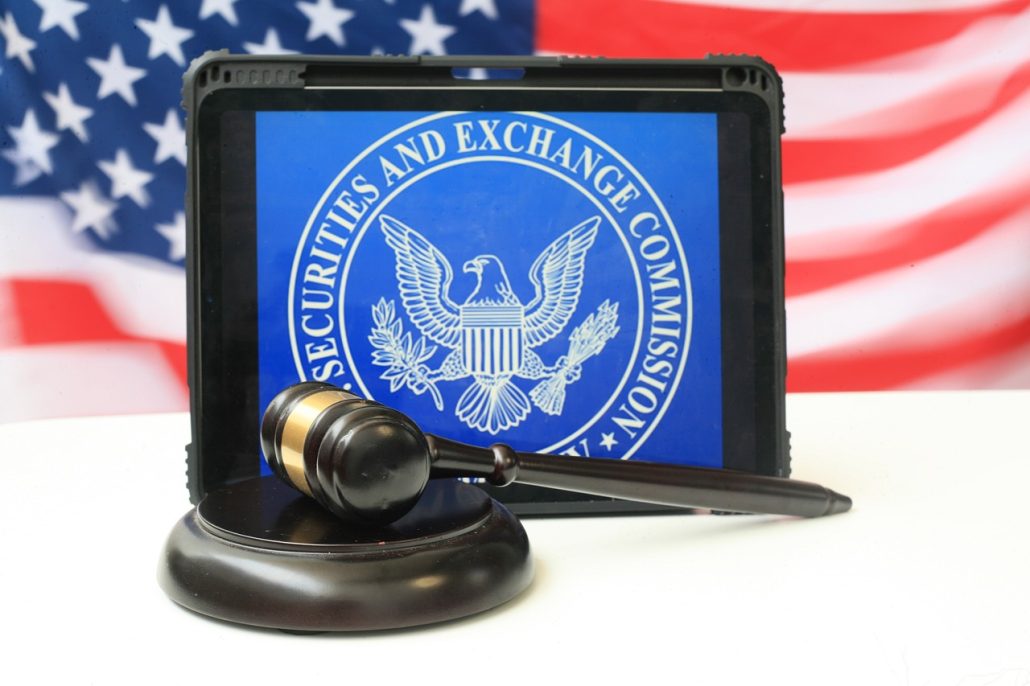Regulatory turnaround: SEC suspends climate reporting requirements
The Securities and Exchange Commission (SEC), the regulator of the US capital markets, is at the center of a significant development in the regulation of corporate climate reporting. Recognizing the growing urgency of climate change and the need for reliable information for investors, the SEC has formulated proposals for climate-related disclosure requirements. These measures are crucial for assessing climate-related risks and for sustainable corporate governance. Despite the advanced plans, the SEC recently announced a temporary halt to these new disclosure requirements to allow for judicial review. This article examines the development, objectives and temporary suspension of the SEC's climate-related disclosure requirements and the associated implications for the capital markets.
The origins of the new rules are rooted in the SEC's desire to increase transparency around climate-related risks to help inform investment decisions. On March 21, 2022, the SEC proposed a rule change that would require companies to report in detail on climate-related risks, including disclosure of their Scope 1, Scope 2 and
Scope 3 greenhouse gas emissions, where applicable. This change is intended to provide investors with uniform, comparable and decision-relevant information.
The proposed rules cover a wide range of climate-related data that may have an impact on companies' business and strategy, such as governance of climate-related risks, climate targets pursued and transition plans aligned with them. The disclosure requirements follow the guidelines of internationally recognized frameworks such as the Task Force on Climate-related Financial Disclosures and the Greenhouse Gas Protocol, which indicates a global harmonization of reporting standards.
Despite the ambitious push to standardize climate reporting, the SEC has suspended implementation of these rules to await the outcome of pending legal challenges. This move, although unexpected, shows recognition of the complexity and potential legal pitfalls associated with such regulations.
Conclusion
The SEC's suspension of climate-related disclosure requirements reflects the complex interactions between regulatory efforts, corporate responsibility and case law. While the SEC's intentions to provide transparency and accountability remain clear and unchanged, the current judicial review illustrates the challenges that must be overcome on the path to comprehensive and mandatory climate reporting. The outcome of this process will set the tone for the future of climate reporting and the extent to which legal and regulatory frameworks need to be adapted to balance the needs of the market and the protection of the environment.
CURENTIS AG will be happy to advise you on the implementation of your own sustainability strategy, including the introduction and implementation of an ESG review process for your business customers. More at: www.curentis.com/consulting/sustainable-banking



